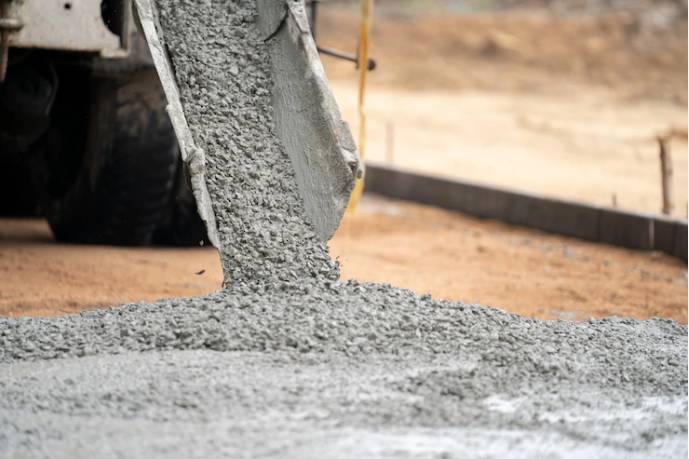Concrete has long been regarded as one of the most durable construction materials on the planet. In Rome, there are buildings that date back to two millennia ago but are still standing strong to this day.
However, not all concrete is the same. To create a concrete building that will last for more than a hundred years, each step in the construction process must be done correctly. This includes blending, pouring, and curing the mixture.
For our example and for this article, we will be referencing concrete used for flat work such as Concrete sidewalks, Concrete driveways, Concrete patios in the City of Denver.
If you’re from Denver and find yourself asking “how long does new concrete last?“, then you’re on the right page. For our example and for this article, we will be referencing concrete used for flat work such as Concrete sidewalks, Concrete driveways, Concrete patios in the City of Denver. Here we’ll show you the answer as well as some other facts about the tried-and-true material in this post.
The short answer, New concrete with the right preparation, should last upwards of 50 years or more.
How long does it take for concrete to cure?
If you are not a contractor or someone who works with concrete often, you may have wondered “how long does a concrete floor take to dry?”. “Concrete does not dry; it cures,” is the correct answer to your question.
This is why it becomes very strong and can be utilized for underwater construction. When you combine sand, broken stones, cement, and a few other ingredients, they don’t just mix. Instead, they produce a chemical reaction so that the mixture can be harder over time.
A basic rule of thumb is that concrete needs around 30 days to cure adequately so that every inch of the mixture is completely cured. Due to differences in the weather, composition, and finishing processes, each project will take a different amount of time.
At the 28-day milestone, typical commercial-grade concrete will reach 100% strength. Nonetheless, the concrete will have acquired around 70% strength in a week.
If you use concrete for a residential application, it should be reasonably set within 48 hours of pouring. However, it is best to leave the concrete mixture alone until the one-month mark.
How long does concrete take to set before a rain?
Rain is a common issue when working on a construction project in Denver. This is especially true if you are doing an outdoor concrete project between the months of March and October.
The bad news is that your concrete mixture will need at least four hours to be able to withstand any amount of rain. The mixture is still very fresh before that timeframe and will need to be reapplied after the rain.
Luckily, once the 4-hour period has passed, the concrete should be hard enough to withstand rain. If you run out of time, make sure you have plastic coverings and wooden planks on hand to build a temporary tent to protect the fresh concrete.
How long should concrete cure before driving on?
After the 48-hour period, you can safely walk on your fresh concrete. However, because a car is much heavier than a human body, you should wait a little longer before driving on the fresh concrete.
In fact, motorcycles and bicycles should also be kept away from the fresh concrete. Because their wheels distribute the weight in such tiny areas, they are more probable to cause harm to the currently developing concrete.
As explained previously, the concrete should be completely cured around the 28-day mark. Thus, it is generally advised to wait at least a month before driving or riding on the surface.
Final Thoughts
Since concrete is a difficult material to work with, you can’t just make the mixture, pour it into the desired area, and then let it dry. There are numerous variables that must be considered in order to achieve a robust and long-lasting concrete structure.
Though there are many products that allow a homeowner to deal with concrete on their own, it is not suggested to handle large-scale concrete projects without expert aid. To assist you with the project, contact a Denver concrete professional as soon as possible.



